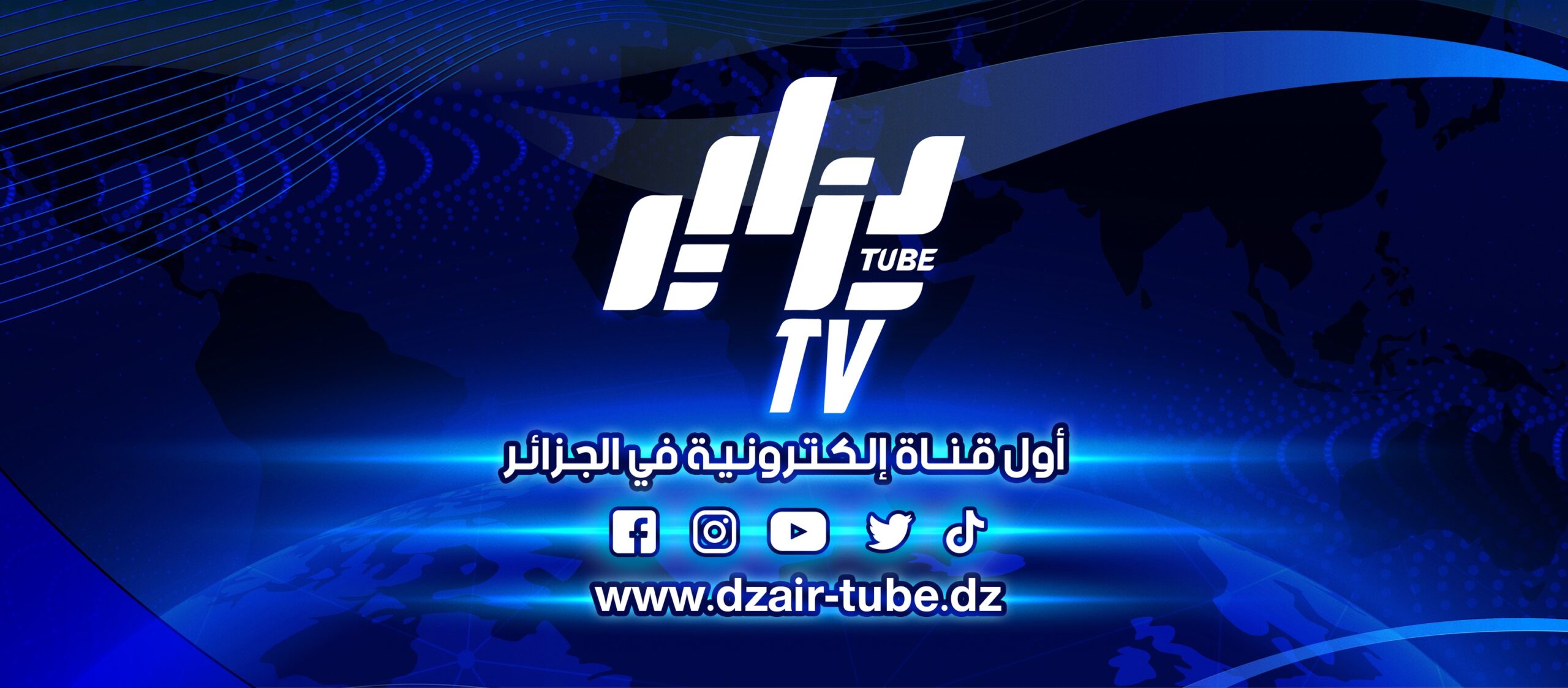BY: Dr. Hana Saada
With €28 Million in Joint Funding from the EU and Germany, Algeria Embarks on an Ambitious Path to Become a Regional Hub for Sustainable Energy and a Pillar of Euro-Mediterranean Cooperation
Algiers, Algeria | April 14th, 2025 — In a significant step toward deepening Euro-Mediterranean energy cooperation, Algeria officially launched the ambitious Taqathy+ programme on Monday in partnership with the European Union (EU) and Germany’s GIZ agency. The initiative, which focuses on the development of renewable energy, green hydrogen, and energy efficiency, marks a new era in Algeria’s strategic vision to become a regional energy powerhouse and a key player in the global energy transition.
Speaking at the official ceremony held at the Ministry of Energy Transition and Renewable Energy, Secretary of State for Renewable Energy Professor Noureddine Yassaa emphasized the strategic importance of this new phase. “The signing of the implementation contract for Taqathy+ constitutes a decisive milestone towards a fruitful cooperation and a rich exchange of experiences centered on sustainable energy solutions,” he declared.
Backed by €28 million in funding from the EU and Germany—€13 million of which is directly provided by Germany—the Taqathy+ programme will run through 2029. It replaces the previous Taqathy programme launched in 2022 and is designed to amplify Algeria’s clean energy ambitions. Implemented by GIZ and steered by the Algerian ministries of energy and mining, the project underscores Algeria’s firm commitment to a low-carbon, technology-driven future.
From Vision to Action
Professor Yassaa highlighted Algeria’s coherent and forward-looking energy strategy, which prioritizes the diversification of energy sources and emphasizes the critical role of renewables. “Investment in clean energy is no longer an option but an urgent necessity in light of current economic and environmental challenges,” he affirmed.
The Taqathy+ programme aims to expand the integration of renewable energy into Algeria’s energy mix, boost the development of the green hydrogen value chain, and enhance energy efficiency across key sectors. It is also aligned with Algeria’s national goal of producing 15,000 megawatts (MW) of electricity from renewable sources by 2035, integrating wind energy, hybridizing power plants in southern regions, and fostering the local manufacturing of renewable energy equipment.
Yassaa also referenced two transformative megaprojects: the MedLink electric interconnection with Europe and the SoutH2 hydrogen corridor. “These are emblematic of Algeria’s growing role as a reliable energy supplier at both regional and international levels,” he said, calling for intensified investment in technology transfer, training, and domestic production capacities.
On the topic of green hydrogen, the Secretary of State confirmed that Algeria is actively developing a comprehensive national strategy to unlock new avenues for export, innovation, and sustainable growth. He hailed the EU-Algeria-Germany trilateral partnership as a catalyst for deeper energy cooperation rooted in mutual interests and long-term stability.
Positioning Algeria as a Regional Anchor
Said Meziane, Director of EU Cooperation at the Ministry of Foreign Affairs, echoed this sentiment, stating that Taqathy+ reflects a shared commitment to energy transformation. “With its vast natural resources and strategic geographic location, Algeria has all the assets needed to emerge as a regional energy hub and a critical player in the Mediterranean energy architecture,” he asserted.
In line with this vision, Algeria is aiming to increase its natural gas output to 200 billion cubic meters annually, solidifying its role as a strategic and enduring energy partner for Europe. Meziane underlined the centrality of green hydrogen development within this framework, describing it as a pivotal axis of the country’s new energy diplomacy.
“Our ambition is to build a trusted, resilient energy bridge between Africa and Europe—one that guarantees energy security while fostering environmental sustainability and socio-economic equity,” he concluded, urging EU partners to seize the investment opportunities unfolding across Algeria’s green energy sector.
“A Shared Vision for a Sustainable Future”
EU Ambassador Diego Mellado, present at the event, reaffirmed Algeria’s stature as “a regional energy power and a longstanding, trusted partner.” He noted that the European Union and Algeria enjoy deep-rooted economic ties, which now extend into a future-oriented green energy partnership.
“As we reshape our markets to meet the demands of the ecological transition, we and Algeria share a common vision—one of sustainable economic development grounded in social justice,” Mellado remarked. He commended Algerian President Abdelmadjid Tebboune’s leadership in articulating this vision during a recent meeting with economic operators.
The ambassador highlighted the urgent need to enhance physical and digital connectivity through joint infrastructure development. “We must adapt our industries to the requirements of tomorrow—by embedding renewable energy and green hydrogen into our energy systems,” he said. The EU, he added, stands ready to work hand-in-hand with Algeria in this endeavor, with the Taqathy+ programme serving as “a foundational pillar of a broader strategic alliance.”
Germany’s Enduring Commitment
German Ambassador Georg Felsheim also addressed the gathering, underscoring Germany’s steadfast support for Algeria’s energy transition. “Algeria and Germany share a long-standing relationship rooted in economic, cultural, and political cooperation. Our two nations are united by a shared vision of a sustainable energy future,” he stated.
Germany’s €13 million contribution to Taqathy+ demonstrates Berlin’s deep confidence in Algeria’s potential. “This programme is not just a financial investment; it is a testament to the trust we place in Algeria’s ability to lead the energy transformation in Africa and across the Mediterranean basin,” Felsheim affirmed. He described the partnership as one between equals—built on trust, common purpose, and long-term commitments.

